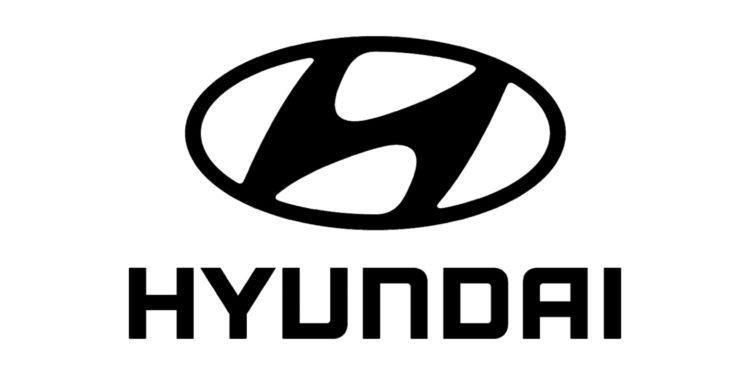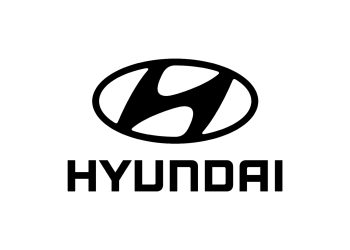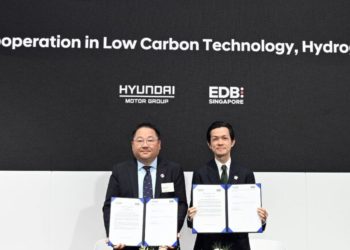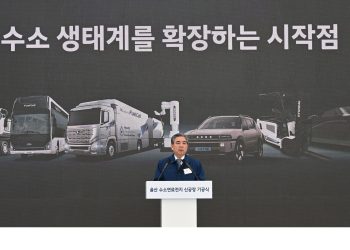Hyundai Motor Co., the top automaker in South Korea, revealed on Wednesday that it has finalized an agreement to acquire 610 gigawatt-hours (GWh) of renewable energy each year for the next 20 years.
The agreement is the country’s largest renewable energy supply deal, involving partnerships with domestic power generating firms, including SK E&S, Hyundai Engineering & Construction, GS Engineering & Construction, and ENlighten.
With the recent power purchase agreement (PPA), Hyundai plans to transition towards renewable energy. However, the South Korean automotive giant and its affiliate Kia Corp. are facing major challenges in the electric vehicle (EV) market, particularly due to rising competition from Chinese manufacturers, as noted by industry insiders.
As part of the power purchase agreement (PPA), Hyundai will obtain renewable energy from GS E&R Corp., Hyundai Construction & Engineering Co. (Hyundai E&C), SK E&S Co., and Enlighten Co. for its domestic operations. Importantly, GS E&R will provide Hyundai with more than 130 GWh of wind energy annually beginning in 2027, representing the largest renewable energy supply from a wind farm to a company in Korea.
Hyundai anticipates that this long-term energy procurement deal will reduce greenhouse gas emissions by approximately 5.6 million tons. The automaker has set a target of utilizing 100% renewable energy across all its domestic and international facilities by 2045.
Recently, Hyundai has set up 20 MW of solar power generation capacity at its facilities in Korea and intends to install an additional 11 MW of solar panels at its dedicated electric vehicle factory in Ulsan next year.
This initiative comes after Hyundai faces heightened environmental regulations in Europe, complicating its business landscape amid stiff competition from local firms such as Volkswagen and Stellantis.
Lee Hang-koo, director of the Jeonbuk Institute of Automotive Convergence Technology (JIAT), emphasized the need for Korean automakers and parts suppliers to collaborate effectively. As the automotive industry evolves toward software-centric solutions, he noted that Chinese companies are driving innovation globally, necessitating thorough preparation from local players.







